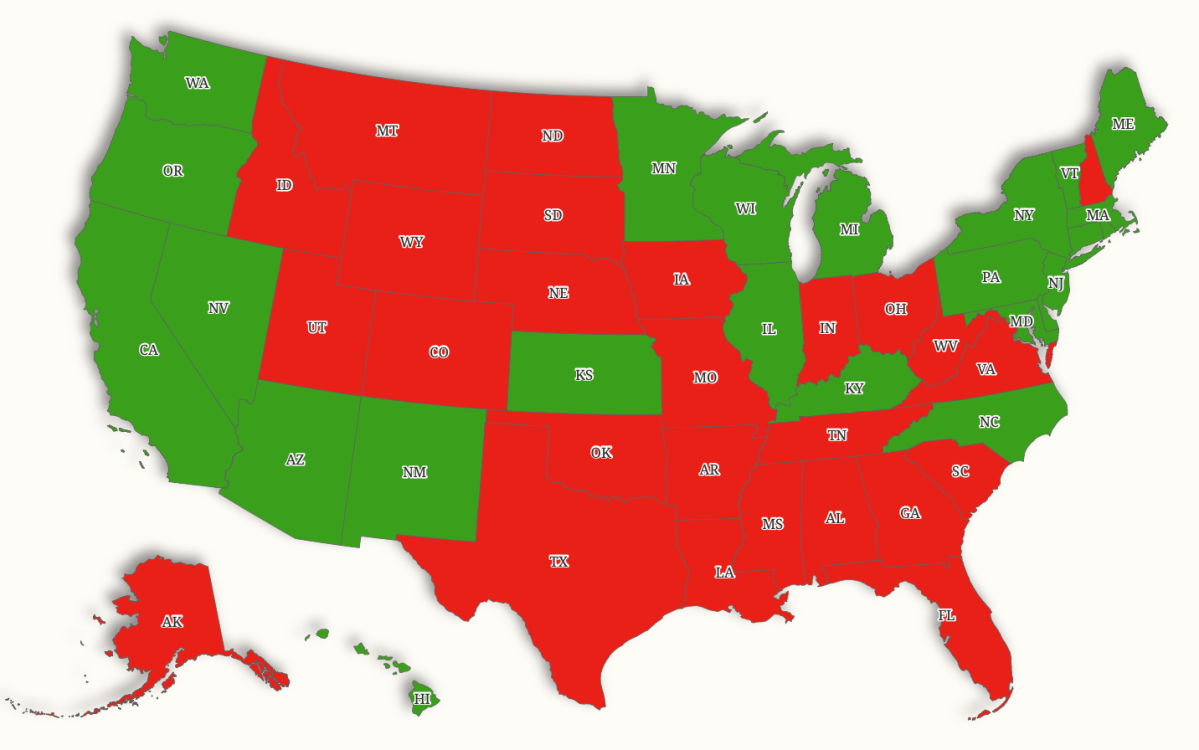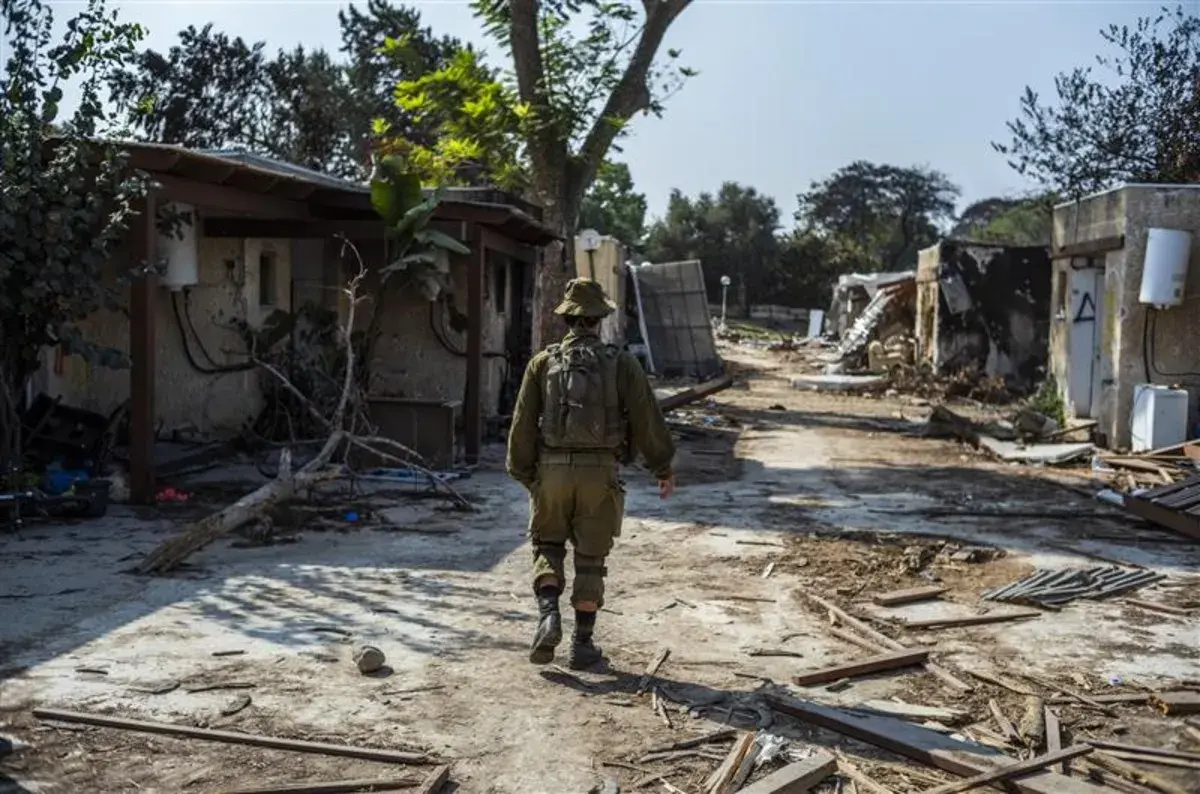Copyright Newsweek

As tens of millions of Americans prepare for an imminent disruption in federal food assistance, a coalition of U.S. state officials have filed a lawsuit against the Trump administration over the suspension of SNAP benefits due to the ongoing government shutdown. Why It Matters Around 42 million Americans nationwide collect Supplemental Nutrition Assistance Program (SNAP) benefits, which are issued to low- and no-income households to help them pay for food. The suspension of SNAP has intensified pressure on Congress to resolve the federal government shutdown, which began on October 1, by passing a spending package. Democrats have said they will not support a short-term funding bill unless it includes an extension of the enhanced Affordable Care Act subsidies. As the government shutdown continues, the Trump administration announced last week that federal food aid will not be distributed on November 1 after the USDA chose not to use about $5 billion in contingency funds to keep food stamp benefits payable. What To Know Altogether, 24 states and the District of Columbia have signed on to the legal action. Attorneys general of Arizona, California, Colorado, Connecticut, Delaware, Hawaii, Illinois, Maine, Maryland, Massachusetts, Michigan, Minnesota, Nevada, New Jersey, New Mexico, New York, North Carolina, Oregon, Rhode Island, Vermont, Washington, Wisconsin, and the District of Columbia, as well as the governors of Kansas, Kentucky, and Pennsylvania. "Shutting off SNAP benefits will cause deterioration of public health and well-being," state officials wrote in the lawsuit. "Ultimately, the States will bear costs associated with many of these harms. The loss of SNAP benefits leads to food insecurity, hunger, and malnutrition, which are associated with numerous negative health outcomes in children, such as poor concentration, decreased cognitive function, fatigue, depression, and behavioral problems." SNAP Contingency Funds SNAP is a mandatory program, but it relies on federal appropriations for its funding. Because these funds have not been released amid the ongoing government shutdown, the U.S. Department of Agriculture (USDA) has said benefits cannot be distributed. The USDA does have emergency funds available when regular funding channels are not approved. However, in a memo reviewed by Newsweek, the USDA explained that the $5 billion in contingency funds cannot be used to pay SNAP benefits because “SNAP contingency funds are only available to supplement regular monthly benefits when amounts have been appropriated for,” noting the funds are designated for programs that provide assistance during disasters. The department also warned that using the contingency fund would deplete resources for other food assistance programs, including the Special Supplemental Nutrition Program for Women, Infants, and Children (WIC), the National School Lunch Program, and various Child Nutrition Programs. "We are approaching an inflection point for Senate Democrats," a spokesperson for the USDA told Newsweek. "Continue to hold out for the Far-Left wing of the party or reopen the government so mothers, babies, and the most vulnerable among us can receive timely WIC and SNAP allotments." What People Are Saying New York Attorney General Letitia James: “Millions of Americans are about to go hungry because the federal government has chosen to withhold food assistance it is legally obligated to provide. SNAP is one of our nation’s most effective tools to fight hunger, and the USDA has the money to keep it running. There is no excuse for this administration to abandon families who rely on SNAP, or food stamps, as a lifeline. The federal government must do its job to protect families.” New Mexico Governor Michelle Lujan Grisham: "The federal government’s refusal to pay for SNAP benefits in November is unconscionable—and the absurdity doesn’t end there. For New Mexico that’s 460,000 people in our state—21 percent of our population, the highest participation rate in the nation. The federal government has abandoned its responsibility to feed families." Speaker of the House of Representatives Mike Johnson said earlier this week: "There has to be a preexisting appropriation for the contingency to be used, and Democrats blocked that appropriation when they rejected the clean continuing resolution. "The best way for SNAP benefits to be paid on time is for the Democrats to end their shutdown." Agriculture Secretary Brooke Rollins said in an opinion piece for Newsweek: "American citizens should come first. Those who need food assistance while between jobs, the elderly, disabled and children deserve more than political delay and brinksmanship. It’s long past time to stop voting against the American people. Reopen the government. Fund these programs. End the theatrics and put the well-being of the American people first." What Happens Next Unless the lawsuit is successful or standalone legislation is enacted, November's SNAP benefits will not be paid until the government reopens.



